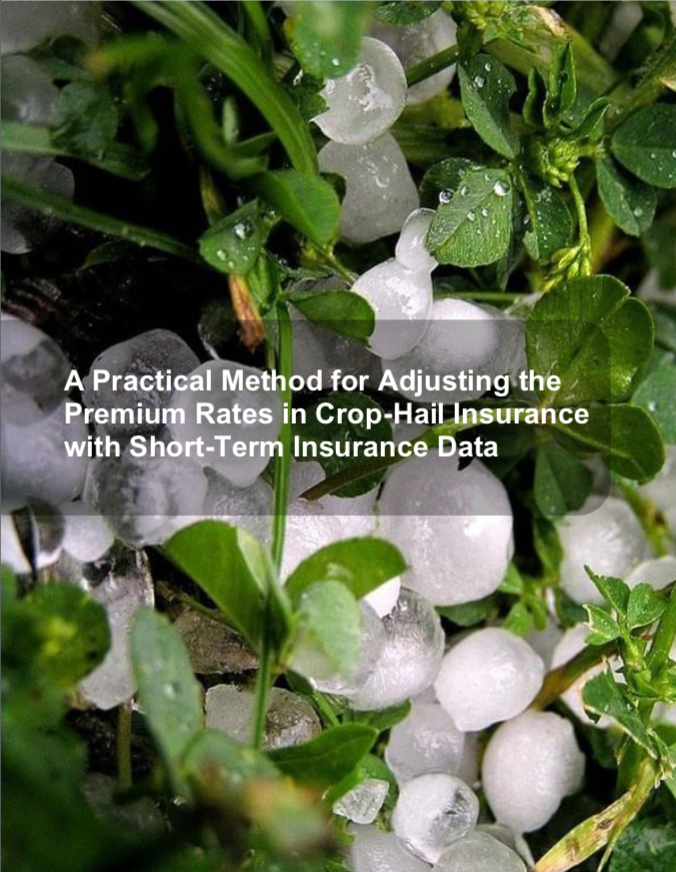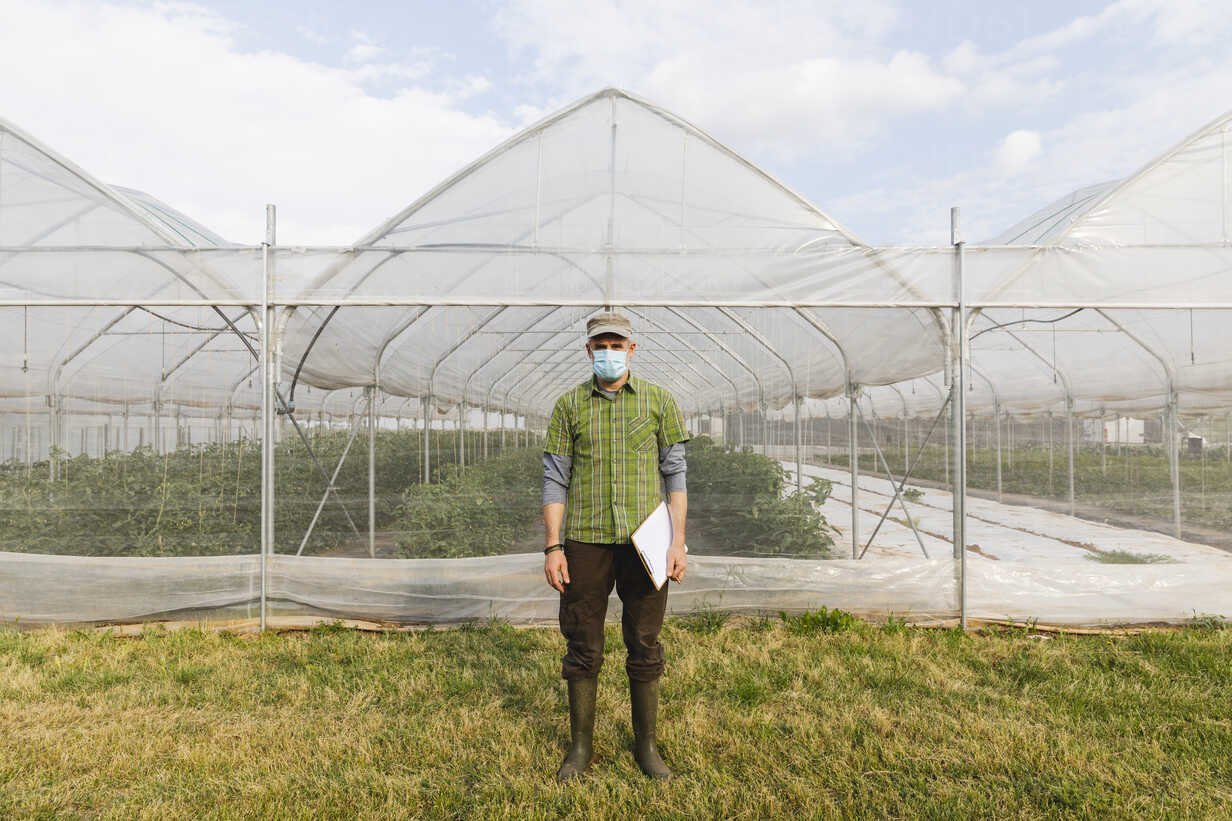It is widely acknowledged that unmitigated risks provide a disincentive for otherwise optimal investments in modern farm inputs. Index insurance provides a means for managing risk without the burdens of asymmetric information and high transaction costs that plague traditional indemnity-based crop insurance programs. Yet many index insurance programs that have been piloted around the world have met with rather limited success, so the potential for insurance to foster more intensive agricultural production has yet to be realized. This study assesses both the demand for and the effectiveness of an innovative index insurance product designed to help smallholder farmers inBangladesh manage risk to crop yields and the increased production costs associated with drought. Villages were randomized into either an insurance treatment or a comparison group, and discounts and rebates were randomly allocated across treatment villages to encourage insurance take-up and to allow for the estimation of the price elasticity of insurance demand. Among those offered insurance, we find insurance demand to be moderately price elastic, with discounts significantly more successful in stimulating demand than rebates. Farmers who are highly risk averse or sensitive to basis risk prefer a rebate to a discount, suggesting that the rebate may partially offset some of the implicit costs associated with insurance contract nonperformance. Having insurance yields both ex ante risk management effects and ex post income effects on agricultural input use. The risk management effects lead to increased expenditures on inputs during the aman rice-growing season, including expenditures for risky inputs such as fertilizers, as well as those for irrigation and pesticides. The income effects lead to increased seed expenditures during the boro rice-growing season, which may signal insured farmers’ higher rates of seed replacement, which broadens their access to technological improvements embodied in newer seeds as well as enhancing the genetic purity of cultivated seeds.
Insuring against droughts: Evidence on agricultural intensification and index insurance demand from a randomized evaluation in rural Bangladesh
02.07.2018 772 views Download :
Insuring against droughts: Evidence on agricultural intensification and index insurance demand from a randomized evaluation in rural Bangladesh
02.07.2018 772 viewsIt is widely acknowledged that unmitigated risks provide a disincentive for otherwise optimal investments in modern farm inputs. Index insurance provides a means for managing risk without the burdens of asymmetric information and high transaction costs that plague traditional indemnity-based crop insurance programs. Yet many index insurance programs that have been piloted around the world have met with rather limited success, so the potential for insurance to foster more intensive agricultural production has yet to be realized. This study assesses both the demand for and the effectiveness of an innovative index insurance product designed to help smallholder farmers inBangladesh manage risk to crop yields and the increased production costs associated with drought. Villages were randomized into either an insurance treatment or a comparison group, and discounts and rebates were randomly allocated across treatment villages to encourage insurance take-up and to allow for the estimation of the price elasticity of insurance demand. Among those offered insurance, we find insurance demand to be moderately price elastic, with discounts significantly more successful in stimulating demand than rebates. Farmers who are highly risk averse or sensitive to basis risk prefer a rebate to a discount, suggesting that the rebate may partially offset some of the implicit costs associated with insurance contract nonperformance. Having insurance yields both ex ante risk management effects and ex post income effects on agricultural input use. The risk management effects lead to increased expenditures on inputs during the aman rice-growing season, including expenditures for risky inputs such as fertilizers, as well as those for irrigation and pesticides. The income effects lead to increased seed expenditures during the boro rice-growing season, which may signal insured farmers’ higher rates of seed replacement, which broadens their access to technological improvements embodied in newer seeds as well as enhancing the genetic purity of cultivated seeds.

Climate change impacts on crop yields in Europe - Swiss Re
24.01.2023
A Practical Method for Adjusting the Premium Rates in Crop-Hail Insurance with Short-Term Insurance Data
24.10.2022
The Challenges of Agricultural Index Insurance: Best Practices for the Earth Observation Sector
03.10.2022
GIZ - Disaster Risk Finance Solutions for the Agriculture Sector: Recommendations for ASEAN and ASEAN Member States (AMS)
16.07.2021
Protecting livelihoods: Linking agricultural insurance and social protection - FAO
25.05.2021
Covid-19 pandemic and agricultural insurance market: Impact, changes and conclusions - Agroinsurance International
05.04.2021
Brazil - Agricultural market insurance development - World Bank Policy Note
20.10.2020


.png)
